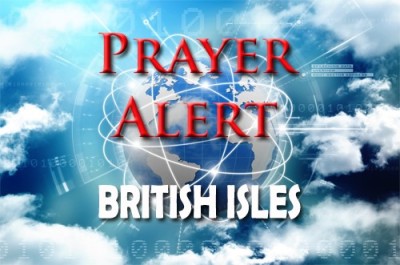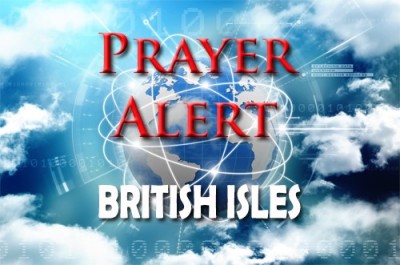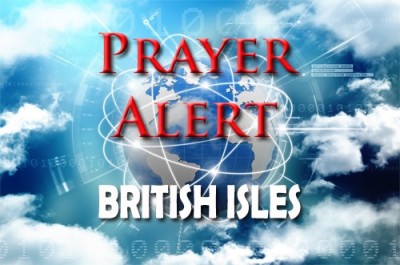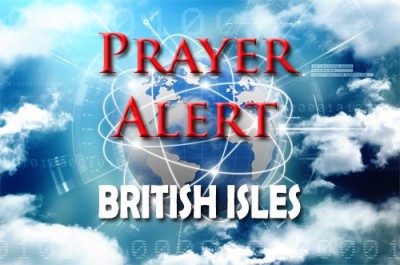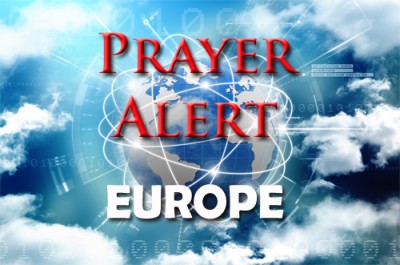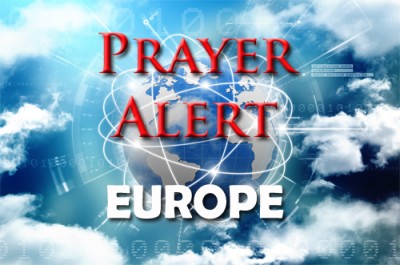Reform would win most seats in General Election, says poll
A major new poll suggests that Nigel Farage’s Reform party would win the most seats if a general election were held today—securing 271 seats. This would mark a dramatic political shift, as support for the two traditional parties has plummeted, with Labour and the Conservatives together polling at just 41%. Labour would drop to 178 seats, while the Tories would fall to fourth place with only 46. The Liberal Democrats would gain nine seats, reaching 81, while the SNP, Greens, and Plaid Cymru would also increase their presence. Despite Reform's lead, no party would hold a majority, meaning coalition negotiations would be inevitable. The results point to a fragmented electorate and growing voter dissatisfaction with the political status quo. Analysts see this as a watershed moment in British politics, reflecting deep-seated frustrations and a yearning for radical change.
Man found guilty of murdering teenager and three attempted murders
Marcus Arduini Monzo, 37, has been found guilty of murdering 14-year-old Daniel Anjorin and three attempted murders during a horrific sword rampage in Hainault, north-east London. Suffering from a cannabis-induced psychosis, Monzo launched a twenty-minute spree in April 2024, beginning with driving his van into a pedestrian before attacking several victims with a 60cm samurai sword. Daniel, on his way to school, was brutally killed in what a witness described as a chilling act of 'delight’. Monzo also wounded two police officers and a couple in their home, where he demanded to know if they believed in God. Though he claimed memory loss and diminished responsibility, the court ruled that self-induced intoxication was no defence. The trial revealed Monzo’s disturbing online history, including far-right and conspiracy-related content. The jury also heard he had previously killed his pet cat before the attacks.
UK to expand nuclear deterrent with US jets
The UK is set to expand its nuclear capabilities by purchasing twelve F-35A fighter jets capable of carrying US-made B61 nuclear bombs, marking the largest upgrade to Britain’s deterrent since the Cold War. Keir Starmer announced the move at the NATO summit in the Hague, warning that peace can no longer be taken for granted amid rising global tensions. The jets, costing £80 million each, will operate as part of NATO’s nuclear mission and be stationed at RAF Marham. This reintroduces a nuclear role for the RAF, dormant since 1998, and complements the UK's Trident submarine-based system. The decision comes amid warnings of potential attacks on UK soil and a broader strategic shift to counter growing threats from Russia and China. Starmer emphasised national security as his government’s top priority, hinting that tax increases may follow to fund defence. NATO secretary-general Mark Rutte and Donald Trump welcomed the UK’s strengthened commitment.
UK chooses death from beginning to end
In a deeply consequential week for UK society, Parliament has voted in favour of two laws radically altering the nation’s stance on life. MPs voted 379 to 137 to decriminalise abortion, effectively allowing termination up to birth, and later backed assisted suicide legislation by 314 to 291. If approved by the House of Lords, both measures will bring sweeping changes to British life and law. Critics warn the abortion vote ignores root causes such as poverty, pressure, and lack of support for women, while the assisted suicide law may create a 'duty to die' among the vulnerable. The NHS will be compelled to rewrite its constitution, and the Hippocratic Oath’s principle of 'do no harm' is under threat. Efforts to amend the bill to protect those suffering depression or feeling burdensome were rejected. These decisions mark a further departure from Biblical values in British law, sparking calls for renewed Christian advocacy, compassion, and prayerful action as society drifts from its moral foundations. See
NATO summit reaffirms collective defence, omits criticism of Russia
NATO allies, including the USA, have reaffirmed their ‘ironclad commitment’ to collective defence at a brief summit in The Hague. The final five‑paragraph communiqué emphasised unity, describing Russia as a ‘long‑term threat’ but stopping short of explicitly condemning its invasion of Ukraine, marking a shift from prior statements. In the only reference to the war, it said: ‘Allies reaffirm their enduring sovereign commitments to provide support to Ukraine, whose security contributes to ours.’ It also reaffirmed NATO’s founding tenet, that an attack on one is an attack on all, despite Trump hinting at differing definitions. A notable commitment was a pledge to raise defence investment to 5% of GDP by 2035. The toned‑down language and ambitious new spending target reflect tensions within the alliance. Meanwhile, on 24 June seventeen people were killed and over a hundred injured in a daytime Russian airstrike: see
Greece: five wildfires break out on Chios
A state of emergency has been declared on the Greek island of Chios as five separate wildfires, fanned by strong winds, are ravaging homes, farms, and infrastructure. The fires broke out within hours of each other, prompting the evacuation of seventeen communities. The authorities have launched an arson investigation, citing the suspicious timing and clustering of the blazes. They have caused widespread damage, destroying homes and cutting power across the island. Nearly two hundred firefighters, backed by aircraft and helicopters, are tackling the flames, with ninety more en route from Athens and Thessaloniki. Residents have joined in the firefighting effort, using buckets and makeshift equipment. This is the first major wildfire this summer for Greece, which is no stranger to devastating fires and extreme heat.

